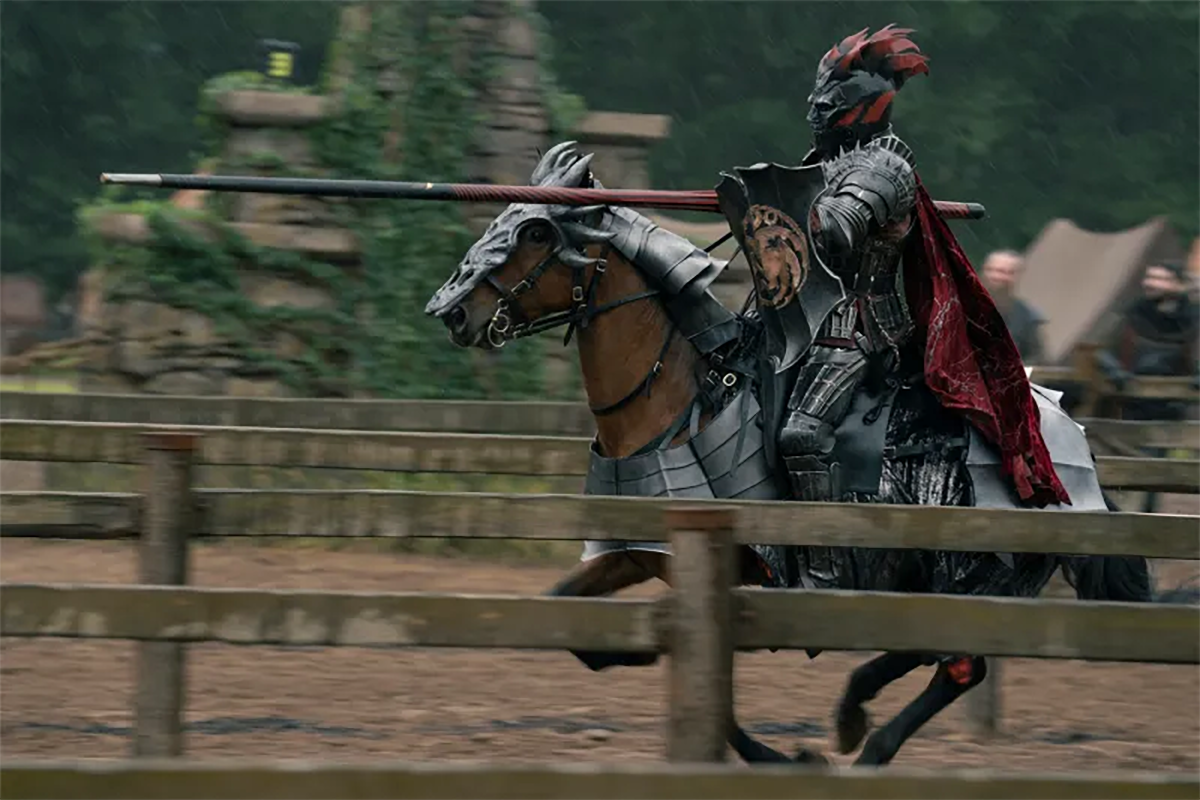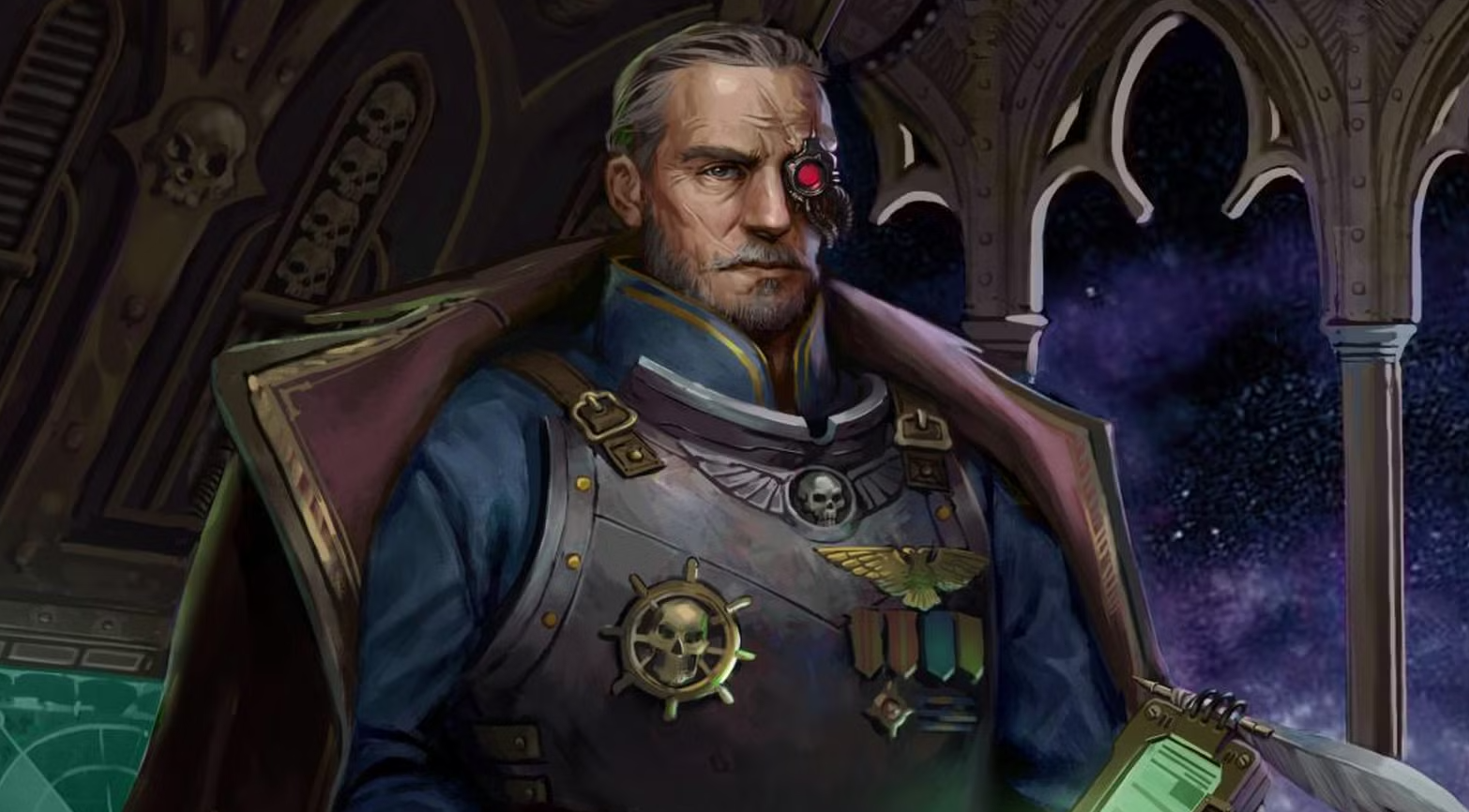At the heart of Block, Dodge, Parry, the system that I’m writing, lays the Career & Skill system.
The basic gist of this system is that it should be really easy to come up with a broad backstory or prompt (“A soldier who lost his favorite horse and is now a wandering minstrel, singing songs about ‘his beloved’, with his audience not knowing it’s about his horse. He shuns violence, but still has some gas left in the tank if push comes to shove!“) and then basically straight-up plug it into the game and play with it (“For careers I pick Soldier/Soldier/Wanderer/Minstrel”).
Image: Bron, Half-Orc Warrior by Lily Abdullina
Picking Careers
At Character Creation, choose up to 4 previous careers. Choosing a career means you spend at least some time in this capacity – maybe it was your actual job, maybe a side gig, maybe a personal interest. You can choose a career multiple times. Every time you pick a career, you can choose a single skill from this career and add it to your character.
Example 1: Story to Career to Skills
Halsted wants to play a Noble turned Destitute turned Mercenary. He decides to pick Noble twice. He can now pick 2 Noble skills, 1 Destitute skill, and 1 Mercenary skill. He chooses to be a Provocateur Socialite (both Noble skill) with Friends in Low Places (Destitute) who has quite a bit of Bloodlust (Mercenary Skill)
Example 2: Skills to Career to Story
Jace wants to play as a paladin-type character. He picks Devotion (Priest) twice, Inspiring (Soldier), and Brutal Fighter (Mercenary). With the prompts of Priest, Soldier, Mercenary, he builds a story about being a soldier, being dishonorably discharged then spending time as a mercenary before converting to faith to repent for his sins as a priest.
Secondarily, these skills can be acquired later on, through searching out a skilled individual and receiving training.
As you can see, through this system, your backstory and character intertwine. BDP is built upon the idea of foreground growth, and aims to give both Wardens and players plenty of prompts, handholds, and incentives to interact with this system.
Example: The Noble
Let’s take a closer look at one of the Careers from BDP: the Noble.
Whether obtained by violence, birthright, or social standing, you held a position of some power over the common folk.
Common knowledge: You know about etiquette and matters of court.
- “Do I know of any allied nobles in this region?”
- “How could I arrange a meeting with Lord Hubert?”
- “How could I bluff my way past these guards?”
Skills: Bureaucrat, Carouser, Commander, Companion, Defensive Posture, Friends in High Places, Impressive Skills, Inspiring, Learned, Mediator, Mounted Warrior, Provocateur, Smooth Talker, Socialite, Wealthy
Common Knowledge
Common knowledge is an implementation and expansion of this idea. Each career has common knowledge. This means that players can ask players to the GM about what their character would know. For example, a mercenary may ask, “What is the weak point in the enemy fortification?”. The answer could be, “The second-floor windows are a structural weak spot – you reckon proper leverage would do the trick”. This can start an effort to acquire said leverage and reach the second floor. The answer is not a magic solution to the problem.
Note that Common Knowledge is about prompts, and not a substitute for the trifecta of Time, Gear, and Skill. A thief might ask, “What would be the best way to obtain the key to the tower off the warden?” The GM might respond with, “You figure that pickpocketing it off of him during the Sunday market would be a good approach”. This still requires the thief to be skilled in pickpocketing and have, say, a sharp purse-cutting knife to pull off the theft.
Skills
The noble has access to these skills. That means that a Noble PC can pick one of these for each time they pick Noble during character creation, but also that these skills can be taught by nobles within the game itself.
For this example, let’s take a look at Bureaucrat, Commander, Mounted Warrior, and Socialite.
- Bureaucrat – Merchant, Noble, Scribe. You know the local laws and rules, and how to bend them in your favor.
- Commander – Mercenary, Noble, Soldier. Once per combat, issue a single command to an ally to Enhance their next attack, or to heal them for 1d6 HP.
- Mounted Warrior – Noble, Soldier. Attacks made while mounted are Enhanced.
- Socialite – Merchant, Minstrel, Noble. You can invite yourself to most parties, ceremonies, or similar functions.
We see that Bureaucrat and Socialite are very broad in their description. At any time, players should feel free to bring up why these skills would be relevant in a situation. They can also fulfill the Skill component in Time/Gear/Skill.
Need an invitation to the masked ball of Count Vladislav, a suspected vampire? Well, you arrived in town a week in advance, so there’s plenty of time to prepare. In this case, “Gear” might be ‘enough coin to throw a few small dinner parties in order to impress other guests of the ball’. Cool! You’re a socialite with time to prepare and appropriate resources – you have all 3, so there’s basically no chance of failure. The moment any of these is missing (you arrived late, you’re out of coin) you risk leaving your plan open to chance – and the fickleness of dice.
Commander and Mounted Warrior are a bit more straightforward, yet they both tell us something about the type of noble you might be. Yet still, there’s room for flavor: Your ‘single command’ might be a hopeful “Strike true at the heart of evil!” to Enhance an attack, or a sneering “If you die today, I’ll leave your corpse to rot!” to grant 1d6 HP of fighting… motivation.
The Full Release
That’s all for now!
The full release contains, as of writing, 17 careers:
- Assassin
- Blacksmith
- Destitute
- Farmer
- Gladiator
- Hunter
- Magic-User
- Mercenary
- Merchant
- Minstrel
- Noble
- Priest
- Sailor
- Scribe
- Soldier
- Thief
- Wanderer
…and, last time I checked, 80+ skills.
This is where a lot of the testing efforts are centered: is each career distinct enough? Do the careers fit the skills? etc. etc.
I’ll keep you updated on the progress!






Leave a Reply